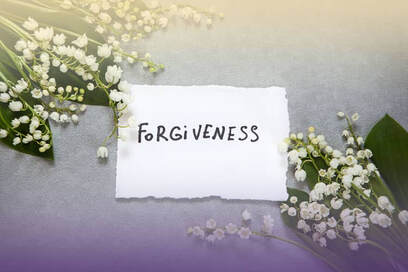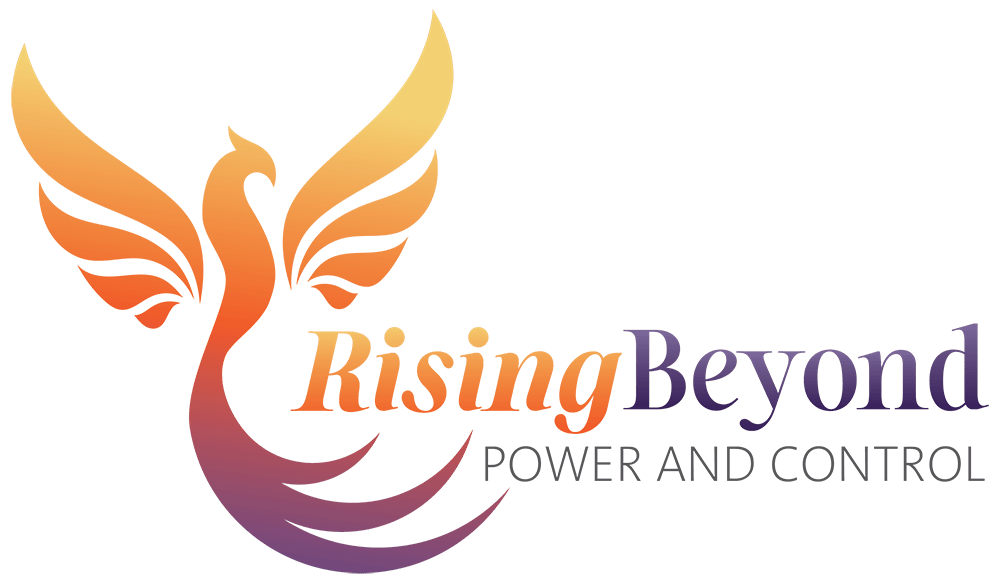 How many times do you hear women say, “I did it for my children"? It’s nearly a universal answer. We sought an education or a new job to give them a better life. If they need extra care, we find a way to spend less time at work and more time with our children. We move to a better school district. We travel to find the right specialist. We throw them a birthday party when what we really need is a new bra and underwear or maybe a medical procedure with a decent copay and some recovery time. This is the world that we live in. I know that I built my entire mid-twenties to mid-thirties around mothering. It’s what culture tells us is an acceptable use of our time and resources. We are praised for it. It feels good. Until you do something for yourself, which may also be for your children, but the primary goal is your wellness. Then people start to talk, and those around you who benefit from your martyrdom become angry. Now, they are having to spend some of their time and resources parenting. It is appalling to society and to a partner who feels fully entitled to use all of their resources for their benefit and think that women should be the only one to sacrifice time and resources for child rearing.
0 Comments
By Sybil Cummin, MA, LPC, ACS

Navigating post separation abuse can leave us with barely a moment to catch our breath, let alone address the profound effects of how the abuse has completely derailed our mental and physical health. Imagine discovering an approach that encourages us to pause, evaluate, and strategically alter our paths towards a more aligned sense of wellbeing.
That's precisely what we learned during a recent discussion with Licensed Clinical Social Worker, Stephanie Small on The Rising Beyond Podcast. Stephanie shares her deep understanding of the interplay between nutrition, mental health, and systemic societal issues. Now, between the hustle and bustle of single mom life, you might be thinking, “I need this information but when do I actually have a moment to listen?” I’ve got you! I’ve grabbed the top three lessons that can help recalibrate your approach to health and happiness from the episode. And if this resonates and you want a deeper dive, I hope you can make the time for yourself to listen to the full episode. You deserve it.
By Sybil Cummin, MA, LPC, ACS

How often do you find yourself saying “Yes” to something you know you do not have the time or bandwidth to take on just to avoid conflict?
I think this is an extremely common occurrence, especially for women. But, if you are healing from domestic violence, narcissistic abuse, or an abusive family of origin, these patterns of saying “Yes” may be more than just trying to avoid hurting someone’s feelings…these patterns likely allowed you to survive. I’ve just wrapped up a conversation with my new friend Anita Sandoval on The Rising Beyond Podcast, and I feel like this episode can be used as a guide to move you from constantly fawning and people-pleasing to feeling more empowered to make decisions based on your needs and wants. Anita shared some personal experiences that were tough and led to her constantly foregoing her own needs in order to take care of an abusive partner and stay in the good graces of her family. She would likely say that challenging these patterns was not a walk in the park but was well worth it. So, pull up a chair, and let's unpack some of the lessons that can be learned from this conversation.  Leaving a relationship with someone with Narcissistic Personality Disorder (NPD) can be incredibly difficult and confusing. But there are reasons it's so hard. "Perhaps you've noticed that the abuse isn't "on" all the time. As a result, you may be wondering whether you should stay or go. To add to the confusion, you may not know if your circumstances even qualify as abuse. If this is striking a chord for you, know you are not alone. There are others out there who have been through this, too, and support is available for you." In the PsychCentral article, How to Leave an Abusive Relationship with Someone with NPD, Sybil Cummin, MA, LPC, ACS and other experts in the field of domestic violence and narcissistic abuse weigh in on why this is so difficult, and what victims can do about it. Read the full article here.  "There are a lot of beliefs about the importance of forgiveness out there. I am not here to debate those beliefs or to say what is true or not true. What I would like to share is what I have seen to be important for survivors to truly heal from their experiences with abuse over the last decade, and that is the importance of self-forgiveness. The levels of shame are extremely high with most victims of relational trauma. Survivors of sexual abuse, child abuse, and domestic violence share this in common. Shame permeates these survivors to their core, and when these ideas have been yelled at you over and over by the person who is supposed to love you more than anyone, it can feel cemented and permanent. This feeling of permanency of shame is just that, a feeling...not truth. Shame can decrease and dissipate over time with intention. And how can one take control over the timeline of this process? By practicing self-forgiveness." In her article for bizcatalyst360.com, Sybil Cummin, MA, LPC, ACS discusses the inverse relationship between shame and self-forgiveness. As you offer yourself more compassion and self-forgiveness, your levels of shame decrease. Read the full article here. |
AuthorSybil Cummin, MA, LPC, ACS, is a Licensed Professional Counselor who specializes in working with victims and survivors of narcissistic abuse. Archives
July 2024
Categories
All
|
About |
Resources |
Member Content
|
The content on this website is meant for informational and educational purposes only and is not intended to substitute medical or mental health diagnosis or treatment. Rising Beyond Power and Control also differentiates between coaching services and counseling services. You can read our full Disclaimer here.

 RSS Feed
RSS Feed
